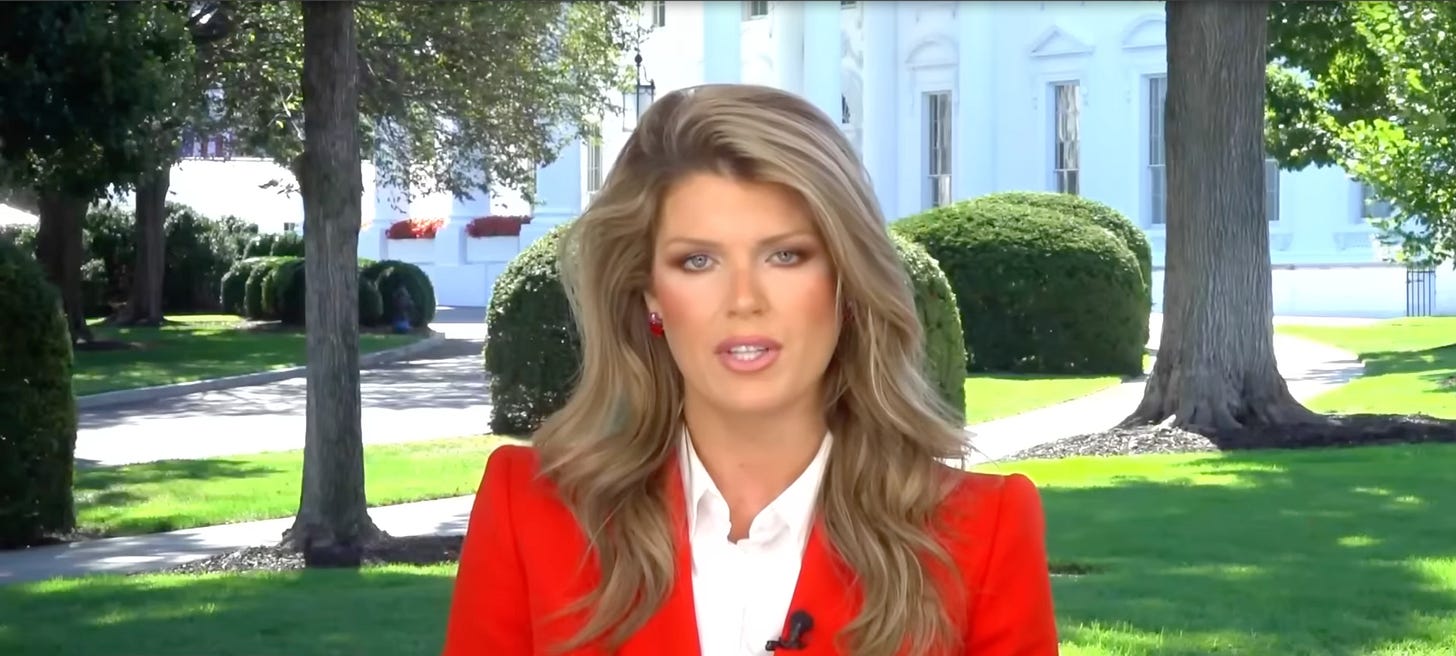Judge Faults DOJ for Serious Errors in Grand Jury Process in Comey Prosecution
A judge ordered full disclosure of grand jury records after finding “profound investigative missteps,” including legal misstatements, use of privileged material, and transcript irregularities.
A federal judge has sharply criticized the Justice Department’s handling of its criminal case against former FBI Director James Comey, identifying a series of errors involving the preparation of the indictment and the instructions given to the grand jury.

In a 24-page opinion, Magistrate Judge William Fitzpatrick found what he described as a “disturbing pattern of profound investigative missteps” and ordered the government to release all grand jury materials to Comey’s defense — a disclosure courts rarely permit.
Comey, indicted in September 2025, had argued that irregularities in the grand jury process warranted access to the full record. Fitzpatrick’s opinion tracks closely with those concerns. According to the Associated Press, the judge flagged “fundamental misstatements of the law,” the use of “potentially privileged communications,” and unexplained irregularities in the transcript, any of which can complicate a court’s ability to determine whether the indictment was properly returned.
The opinion centers in part on how the case was presented.
Defense filings cited by AP state that the sole prosecutor before the grand jury was Lindsey Halligan, a former White House aide with no prosecutorial experience, who was appointed only days before the presentation.
The defense is separately challenging her appointment and has claimed the prosecution is vindictive. Fitzpatrick’s opinion, as described in AP’s reporting, focuses on procedural problems in the grand jury process rather than those appointment challenges. His analysis instead turns on whether the government met the procedural requirements that govern the charging process.
“But I’m not guilty,” said K. “It’s a mistake. How can a person be guilty at all? We’re all human beings here, one like the other.”
The priest replied: “That is how the guilty always speak.”
— Franz Kafka, The Trial, trans. Breon Mitchell (Schocken Books, 1998), Chapter 9: In the Cathedral
Several of the issues identified carry clear implications for how grand jurors understood the case. Misstatements of law can shape jurors’ assessment of statutory elements and the threshold for indictment.
The use of potentially privileged communications — including exchanges protected by attorney–client or similar confidentiality rules — raises concerns about whether the evidence considered was appropriate. Gaps or unclear entries in the transcript make it difficult for a reviewing court to determine what jurors were told and whether the record is complete.
The grand jury process is intended to function within strict boundaries: jurors hear evidence in private, receive formal instructions on the law, and rely on a full and accurate transcript of the proceedings.
Fitzpatrick’s ruling reflects the court’s concern that, in this instance, those safeguards may not have been fully preserved. By granting Comey’s lawyers complete access to the materials, the court has cleared the way for an examination of the instructions, evidence, and record the government presented.
The Justice Department’s broader docket forms part of the backdrop.
As the Associated Press has separately reported, prosecutors recently issued new subpoenas in an inquiry connected to the Trump–Russia investigation. The two matters are separate, but their overlap in timing places additional attention on how the department supervises sensitive work and maintains confidence in its procedures.
For Comey’s defense team, the disclosure order provides an opportunity to examine the government’s presentation in detail as they pursue motions challenging the indictment, including claims of unlawful appointment and vindictive prosecution. For prosecutors, the ruling represents a significant procedural test: their work before the grand jury will now be evaluated against the full record the judge ordered released.
Fitzpatrick’s opinion, as reflected in AP’s account, does not resolve the substance of the charges against Comey or the ultimate viability of the case.
Instead, it underscores a foundational principle of federal criminal practice: an indictment must be supported by instructions, evidence, and documentation that satisfy the requirements of the process itself.
In the next phase of litigation, the parties and the court will confront whether the government’s presentation met that standard — and how the errors identified in the ruling should affect the case.
References
Associated Press | Nov 17, 2025 | “Judge scolds Justice Department for ‘profound investigative missteps’ in Comey case.” | https://apnews.com/article/comey-halligan-justice-department-d663148e16d042087210d4d266ea10ae
Associated Press | Oct 23, 2025 | “Justice Department issues flurry of subpoenas in fresh inquiry into Trump-Russia probe: AP sources.” | https://apnews.com/article/trump-russia-justice-department-fbi-origins-investigations-c6348cb2f1d2ea42f1d143f2ac94fe55
Associated Press | Oct 24, 2025 | “Letitia James calls mortgage fraud case against her vindictive and asks judge to dismiss it.” | https://apnews.com/article/letitia-james-comey-trump-justice-department-dismissal-859e0fb1078592dcb88bcd8fec5bd1c3
Associated Press | Oct 24, 2025 | “James Comey and Letitia James press for dismissal of their cases, challenge prosecutor’s appointment.” | https://apnews.com/article/comey-letitia-james-justice-department-ff6435d7bdbcc9e9495844899c7e2c4e


How about just a summary judgment: "this is nutz"/
Gee, what a surprise, not!